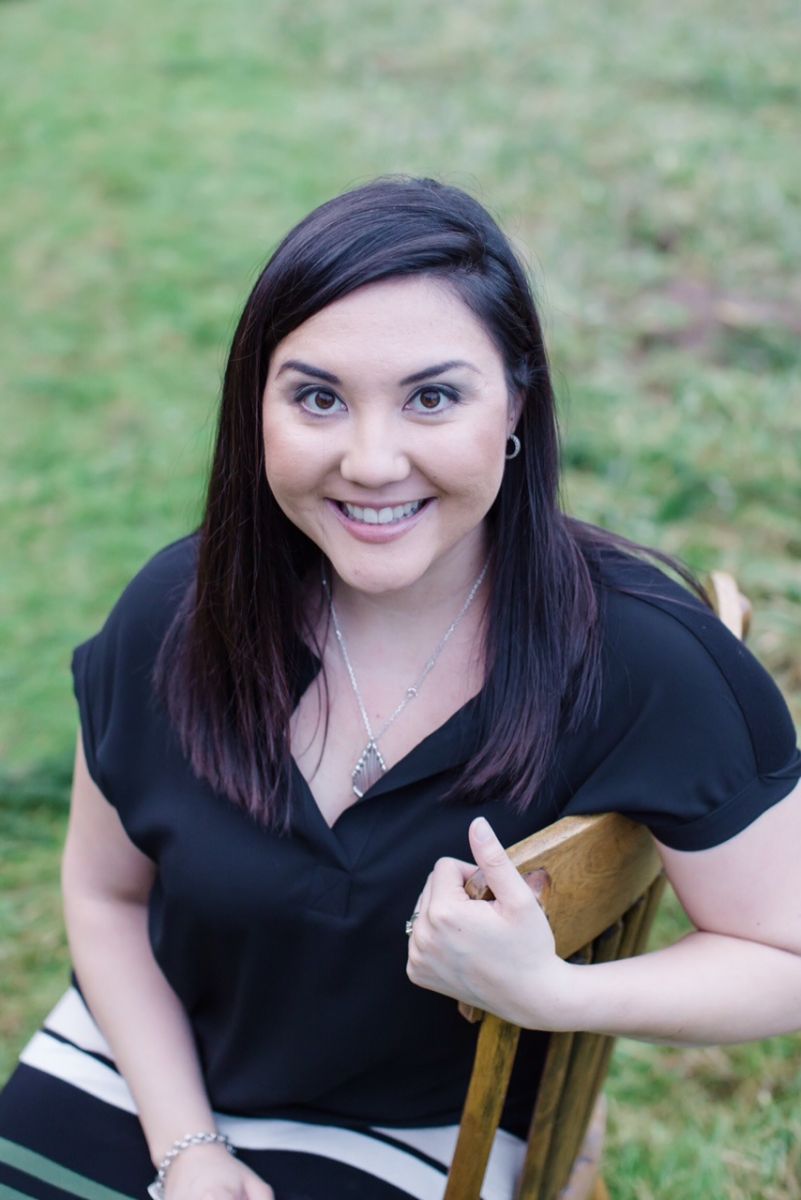Part of the National Alzheimer's and Dementia Resource Center webinar series sponsored by the Administration for Community Living.
Includes complimentary CEUs
Trauma can occur at any point in life as a result of a number of experiences such as war, abuse, neglect or violence. The effects of trauma can be lifelong. As such, trauma-informed care can be used to assist people living with the effects of trauma as they navigate other aspects of life, including living with dementia and caring for someone who has dementia. In this web seminar, principles of trauma-informed care will be discussed as they apply to dementia in Veterans and Holocaust survivors. The web seminar will present resources for applying trauma-informed care principles in various settings.
Participants in this web seminar will be able to:
- Define Trauma-Informed Care;
- Identify resources to assist in applying Trauma-Informed Care principles with Veterans with dementia and others;
- Apply SAMHSA’s six key principles of trauma-informed care to work with Holocaust Survivors with dementia to prevent re-traumatization and improve participation in the care plan; and,
- Learn three ways to support family members of Holocaust survivors in order to gain participation in the care plan.
Presenters:
 Andrea Korsunsky is the director of the Seniors At Home’s Center for Dementia Care and has worked with older adults with memory loss for more than 12 years.
Andrea Korsunsky is the director of the Seniors At Home’s Center for Dementia Care and has worked with older adults with memory loss for more than 12 years.
.jpg) Matthew Yoder, Ph.D., is a clinical psychologist who works for the National Center for PTSD as a consultant in the PTSD Mentoring and Consultation Programs. He came to NCPTSD from the PTSD Clinical Team at the VA Medical Center in Charleston, SC, where he worked as a staff psychologist providing Evidence-based Treatments to veterans diagnosed with PTSD.
Matthew Yoder, Ph.D., is a clinical psychologist who works for the National Center for PTSD as a consultant in the PTSD Mentoring and Consultation Programs. He came to NCPTSD from the PTSD Clinical Team at the VA Medical Center in Charleston, SC, where he worked as a staff psychologist providing Evidence-based Treatments to veterans diagnosed with PTSD.

